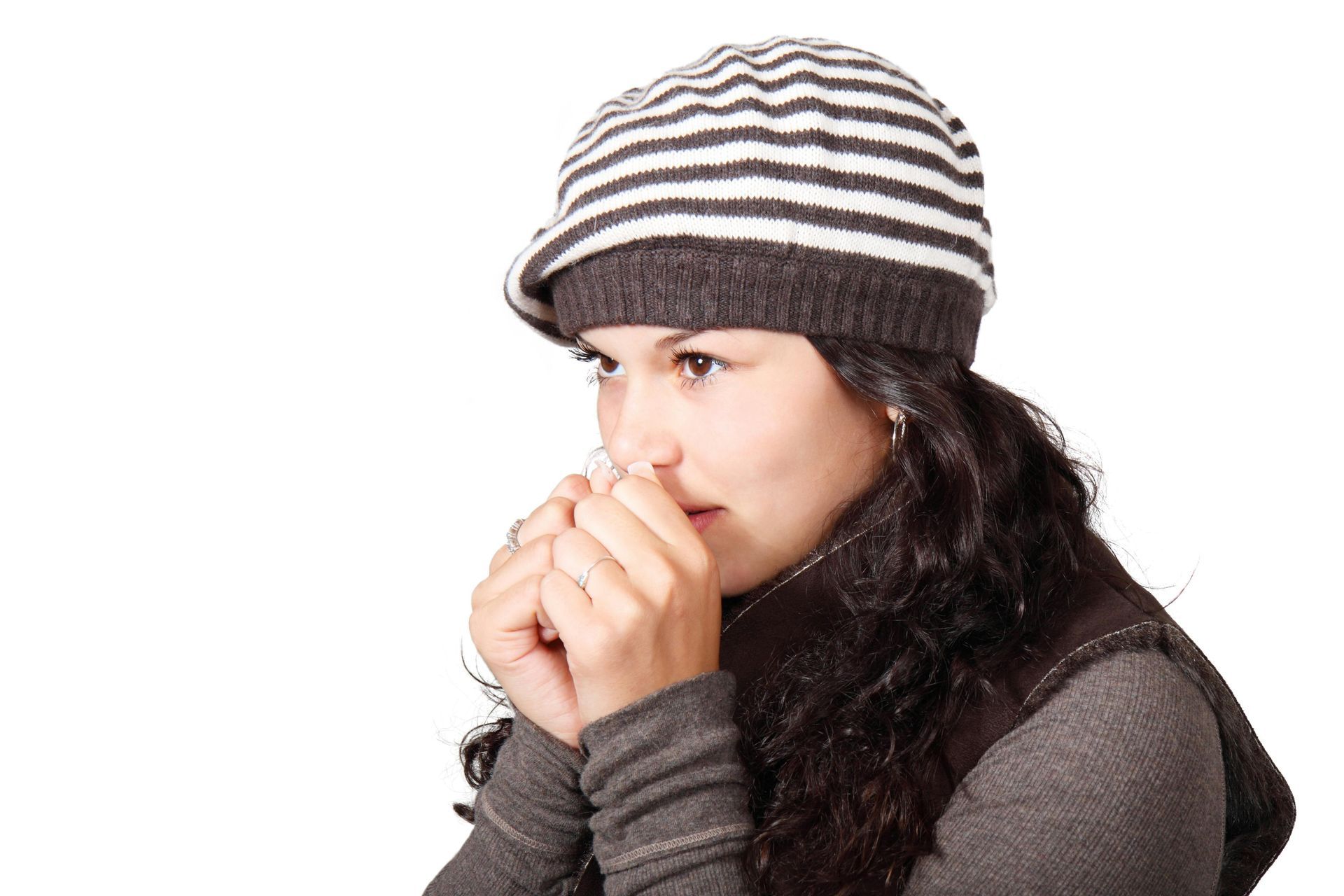Spring has sprung! While many welcome the warmer weather and blooming flowers, others dread the arrival of allergy season. Sneezing, runny nose, itchy eyes – these allergy symptoms can put a damper on enjoying the outdoors.
Fortunately, there may be a natural solution to find relief: acupuncture. Acupuncture has been used for centuries in Traditional Chinese Medicine (TCM) to treat various ailments, and research suggests it can also be helpful for allergies.

How Acupuncture May Help Allergies
Acupuncture works by inserting thin needles into specific points on the body. According to TCM, these points lie along meridians, which are channels that carry energy (qi) throughout the body. By stimulating these points, acupuncture is believed to regulate the flow of qi and improve overall health.
In the context of allergies, acupuncture may work by:
- Modulating the immune system: Studies suggest acupuncture can help regulate the immune system's response to allergens, potentially reducing inflammation and the production of histamine, a chemical that triggers allergy symptoms [1].
- Improving nervous system function: Acupuncture may influence the nervous system's response to allergens, leading to a decrease in allergy symptoms [2].
Research on Acupuncture for Allergies
While more research is needed, some studies have shown promising results for acupuncture in managing allergies.
- A review published in the journal "Evidence-Based Complementary and Alternative Medicine" found that acupuncture provided significant relief from sinus allergy symptoms in people who did not respond well to traditional treatments [3].
- A randomized controlled trial published in the National Institutes of Health's PubMed database showed that acupuncture could reduce the incidence of moderate to severe seasonal allergic rhinitis, relieve symptoms, improve quality of life, and potentially reduce reliance on medication [4].
It's important to note that research findings can vary. Some studies haven't shown a statistically significant benefit from acupuncture for allergies.
Considering Acupuncture for Allergies?
If you're interested in trying acupuncture for allergies, it's important to consult with a licensed acupuncturist. They can discuss your individual case, determine if acupuncture is right for you, and develop a personalized treatment plan.
Acupuncture is generally considered safe when performed by a qualified practitioner. However, some people may experience mild side effects like temporary bruising or discomfort at the needle insertion sites.
Acupuncture Alongside Traditional Treatments
Acupuncture can be a complementary therapy used alongside traditional allergy medications, such as antihistamines or nasal corticosteroids. It's important to discuss any changes to your treatment plan with your doctor before making any adjustments.
Finding Relief This Spring
While allergies can be disruptive, acupuncture may offer a natural approach to managing symptoms and improving your quality of life. If you're looking for relief this spring, consider discussing acupuncture with your healthcare provider.
Citations
- [1] https://www.ncbi.nlm.nih.gov/pmc/articles/PMC3978490/ (How Acupuncture Can Affect Allergic Rhinitis)
- [2] https://www.ncbi.nlm.nih.gov/pmc/articles/PMC4479426/ (Acupuncture in allergic rhinitis)
- [3] https://www.drtracealexander.com/blog/how-acupuncture-can-treat-your-sinus-allergies
- [4] https://pubmed.ncbi.nlm.nih.gov/36808503/ ([Acupuncture for prevention of moderate to severe seasonal allergic rhinitis: a randomized controlled trial])










